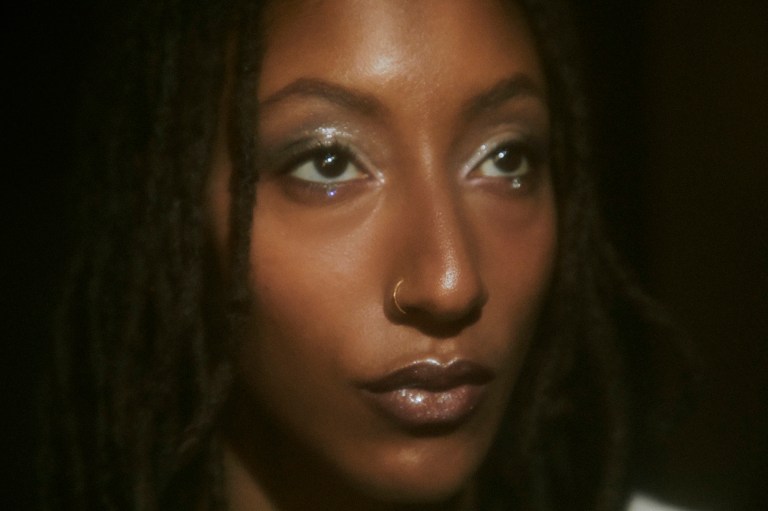
10 Simple Ways To Avoid Getting Yourself Into Toxic Relationships
Many people who come to me for counseling ask: “Why do I attract partners who are toxic?” Or, “How can I steer clear of partners who are all wrong for me?”
Marissa, a client who sought support with making healthier choices in intimate partners put it this way: “I tend to stay too long in relationships that are toxic. My friends say that I have a need to save destructive men. But when I try to “fix” them it boomerangs and they break up with me. How can I change this self-defeating pattern?”
When I met with Marissa for our second session I asked her: “Ask yourself this question: Is there something about the way your partner treats you that makes you a bigger and better person? If the answer is no, ask yourself: Am I settling for less than I deserve in the relationship?”
Too many of us settle for less than we deserve because we are afraid of being alone. If this is your inclination, gently remind yourself that you are a worthwhile person regardless of whether or not you are in a romantic relationship.
The question of what’s more important in a healthy, long-lasting relationship — chemistry or compatibility — is a critical one when selecting a partner. Perhaps the first step in evaluating your past and present choices in partners is examining the difference between compatibility and chemistry.
1. Chemistry: This usually refers to physical attraction but can include intellectual attraction as well. It is about how interesting and stimulating you find the person. Do you enjoy each other’s touch and is there sexual chemistry? It’s essential because without it, you are little more than friends. Author Mira Kirshenbaum writes: “But you can’t say you have good chemistry unless you can say “I feel there’s real affection here.”
2. Compatibility: Is about sharing common values and goals, having fun together, and liking each other: it helps to sustain a couple through tough times. However, both chemistry and compatibility are essential to a long-lasting healthy intimate relationship.
If you find yourself attracted to partners that you don’t have both chemistry and compatibility with, you may be inclined to have one-sided, co-dependent, or unhealthy relationships. Perhaps you grew up in a family where you were a caretaker or focused more on making others happy. Maybe you even felt that you had to be in a good mood regardless of your true feelings.
According to Harville Hendricks, Ph.D., we are attracted to romantic partners who fill a void from our childhood. Perhaps repeating the past is our way of gaining mastering over unfinished business or looking for closure with the parent who wounded us.
In Getting the love You Want, Dr. Hendrix explains that selecting toxic partners may have a lot to do with your unconscious image of your ideal mate based on experiences with caretakers who strongly influenced you at an early age. And, it starts the day you are born. We all have a composite picture of the people who influenced us in the past – their looks, personality, tone of voice, behavior, and many other factors. Seeking imago, the ideal relationship, we subconsciously try to reconstruct/fix what’s broken.
Truth be told, women are especially prone to become involved in one-sided relationships because we were raised to be “good girls” — people pleasers who consistently put others needs before our own. Girls are often raised to tune out their inner voice and this can set the stage for unhealthy relationships because they look for their partner to validate them.
10 Simple Ways To Avoid Getting Yourself Into Toxic Relationships
1. Get comfortable with being alone. Many people settle for relationships that are wrong for them because they fear being single. Women are especially likely to feel stigma when they are not part of a couple.
2. Consider your deal breakers. Making a list of at least ten characteristics that are essential to you in a partner such as being thoughtful or responsible. Select a few of these that are essential to your well-being and don’t compromise on those. For example, a partner who is trustworthy or who is there for you when you have a tough day.
3. Don’t settle for less than you deserve. When you compromise too many of the values that are important to you, these relationships usually fail. Focus on your deal breakers and pick a partner who is someone who you can share a life with and deepen your love with over time.
4. Seek a partner who you feel is easy to be vulnerable with. In other words, you can be yourself and don’t have to walk on eggshells. You feel safe in the relationship and free to express your thoughts, feelings, and desires openly without fear of rejection.
5. Set an expectation of mutual respect. You can accept, admire, and respect each other for who you are. If you don’t have respect for your partner, it will eat away at chemistry until you have nothing left. A partner who truly cares about you is a boost to your self-esteem. He or she values you, gives you compliments, and encourages you to do things that are in your best interest.
6. Notice if your partner is trustworthy. Are they someone who you can depend upon because they demonstrate consistency between their words and actions? When someone is interested in you, they’ll keep their agreements.
7. Make sure your love interest makes time for you on a regular basis – that he/she makes you a priority because they value your relationship. This includes regular text messages or phone calls to show that they’re thinking of you.
8. Select a partner who includes you in his/her inner circle. If something special is going on in his/her life, they invite you and encourage you to come.
9. Pick a partner who you have both chemistry and compatibility with. Even if you meet someone who is not a heart-throb, be patient and see if your attraction grows over time. Look for qualities such as compassion, generosity, and consideration because these are characteristics that describe someone who is a dynamite long-term partner.
10. Select a partner who talks about your future together. If he or she says “I’m not ready for a commitment,” take him or her seriously — they’re just not that into you. Don’t waste your time on a relationship that doesn’t have a future.
Letting go of toxic relationships is never easy. Yet with self-awareness and tools, you can begin to value yourself enough to set better boundaries with your partner. It is possible to end a relationship or that is self-defeating, abusive, or self-destructive and to thrive on your own or in a healthy partnership. ![]()











